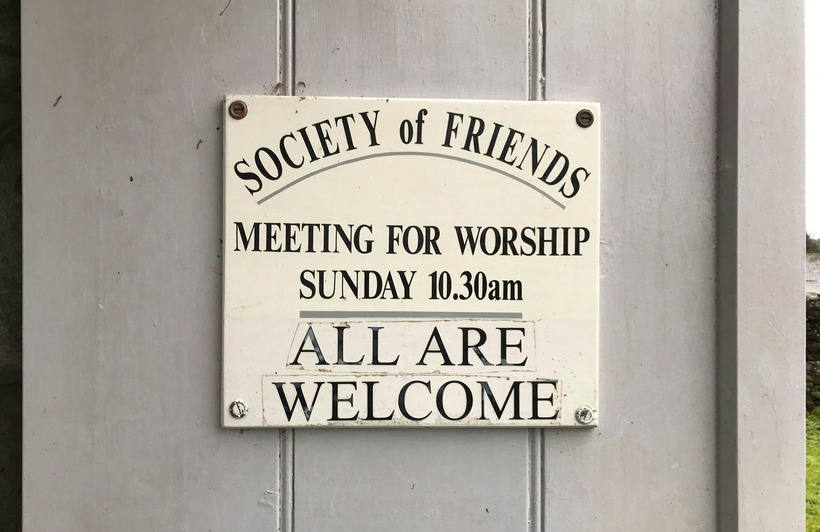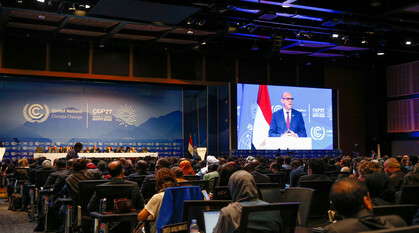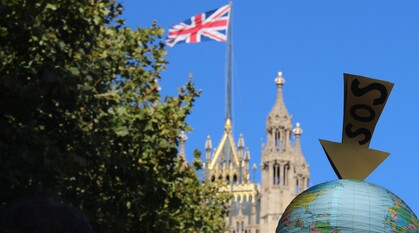Safeguarding matters
Neil Jarvis explains why a shared understanding of safeguarding is important for Quaker meetings, and reports back from a recent conference for coordinators.

We probably all agree that safeguarding is important – but do we all have a shared understanding of what it is? Quakers believe it's centrally important as we seek a future where our communities are loving, inclusive and all age.
[QUOTE-START]
His memory was almost quite lost, and the use of his understanding suspended; so that he was not so conversible as formerly; and yet as near the Truth, in the love of it, as before...
- The old age of William Penn, Thomas Story, 1714 (Quaker faith & practice, 21.62)
[QUOTE-END]
Safeguarding measures are put in place to prevent people being abused or harmed. While these measures are especially important for children and young people, they are equally important for adults who are at risk of harm or abuse.
The quote that opened this post on the life of William Penn – an early Quaker – illustrates we can all be vulnerable beyond childhood. What can we do to protect children and adults at risk so that all are heard, valued and welcomed?
Quaker communities are obliged to have safeguarding policies and procedures in place. In practice this means that anyone supporting a children's meeting will have been through a process (such as interviews and criminal records checks where necessary) to assess their suitability and provide safeguards for young people.
Safeguarding Coordinators
Area meetings appoint safeguarding coordinators and it's their role to make sure procedures are being followed at our meetings. As with health and safety matters, all of us carry some responsibility for safeguarding and so speak up if you have concerns. The safeguarding coordinator might be a good person to contact – or you can speak to your clerk, elders or overseers and they will know what to do.
In January, we held a safeguarding conference at Woodbrooke for our safeguarding coordinators. This was an opportunity to learn more about how to get criminal records checks completed, to understand more about adults at risk of harm, and to think more about the good reasons we have safeguarding in place and why that it is everyone's concern.
Advice and guidance
Britain Yearly Meeting provides advice and guidance for Quaker meetings. We do this through advice on Quaker approaches to safeguarding and by providing some model documents and resources. All of our resources are to be reviewed over the next 12 months, with more material due to be added.
Beyond this support, as area meetings are predominantly individual charities, decision-making and liability for safeguarding rests with area meeting trustees.
Friends are reminded that the Churches' Child Protection Advisory Service – the charity providing professional advice, training, support and resources for churches in all areas of safeguarding children and adults at risk of harm – can be called 24 hours a day on 0303 003 1111 for technical advice and support (most area meetings pay the modest annual membership subscription).
The feedback from our conference suggests that it helped Friends feel better informed and more aware of the range of safeguarding issues they need to be mindful of. Given the demands the role can place on an area meeting safeguarding coordinator we also looked at possible ways in which to get support when a disclosure or incident becomes serious and is perhaps moving into the criminal justice system.
We encourage safeguarding coordinators to connect with others in neighbouring areas as one way to get support. If any Quaker would like regular updates on safeguarding matters do sign up for our e-newsletter.


